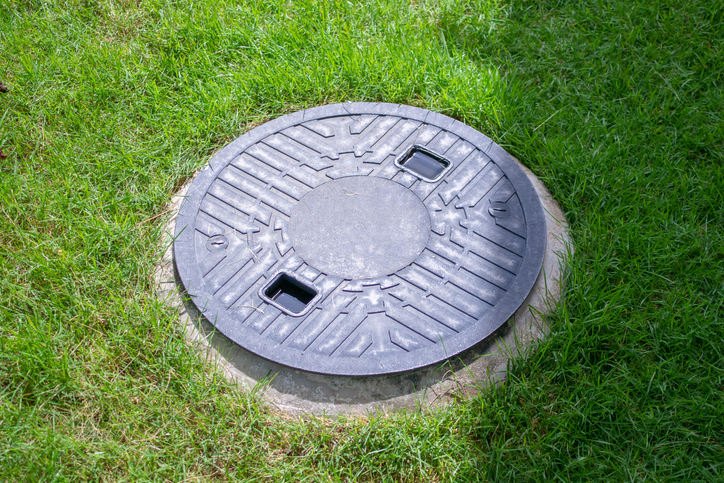Humans have always had to find ways to dispose of their waste. When they settled in towns and cities, this need became crucial. Before people had any idea about germ theory, many outbreaks of disease arose from bad waste management practices. One famous example was when John Snow, a physician, discovered that the 1854 cholera outbreak in a London neighborhood was the result of wastewater contaminating the fresh water people collected out of a single communal pump. Now, a city’s sewage system or a homeowner’s septic system deals with waste. Here are more interesting things to learn about waste management.
1. There Are Different Types of Septic Systems
If you’re like most people who have a private septic system, your drains probably empty into a septic tank. Anaerobic bacteria then break down waste until there’s sludge on the bottom and liquid on the top. The liquid passes into your drainage or leach field, which is set with perforated pipes sunk in gravel. These pipes allow liquid to leach into the soil, where it’s cleaned and eventually rejoins the groundwater.
Though this type of septic system is popular and effective, it does take up a lot of space. People who don’t live on properties large enough to accommodate them may use a chamber system. It is easier to construct than the conventional system and is good for places with a high water table.
Another option is a system that uses aerobic instead of anaerobic bacteria. This system works by adding air to the septic tank. Like the chamber system, it’s used in places that are too small to accommodate a conventional system and have a high water table.
2. A Broken Septic System Is a Health Emergency
A broken septic system allows the solid waste from the septic tank to enter the leach field. This is a health hazard because the leach field isn’t made to handle solid waste. The pathogens from the waste can eventually enter the groundwater.
This is not only an emergency but costs a great deal of money to fix. Therefore, it’s important to have your septic system checked regularly and your tank pumped every few years.
3. Septic Tanks Should Be Pumped in Summer
When it does come time to pump your septic tank, the best time to do it is in the summer. A really cold winter can cause the ground to freeze above the tank, and snow can cover it. Both situations make the tank that much harder to access. Winter can also freeze the pipes that lead to your septic system.
Call Us to Learn More About Your Septic System
You may not think of your septic system or waste management every day, but it’s important for you and the environment that they are in good working order. If you are curious about maintenance or need septic system installation, don’t hesitate to get in touch with our professionals at Brown Aerobic of Houston, TX.

